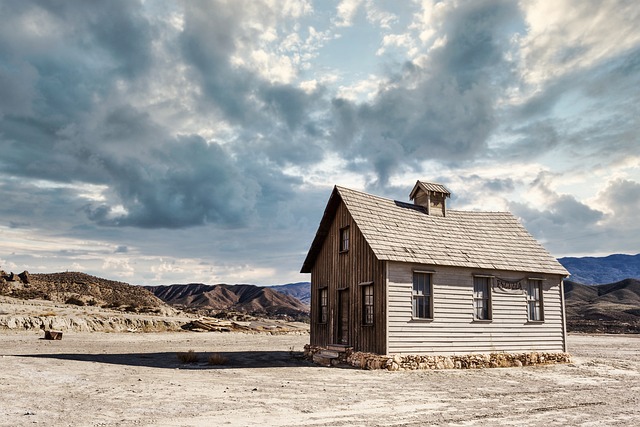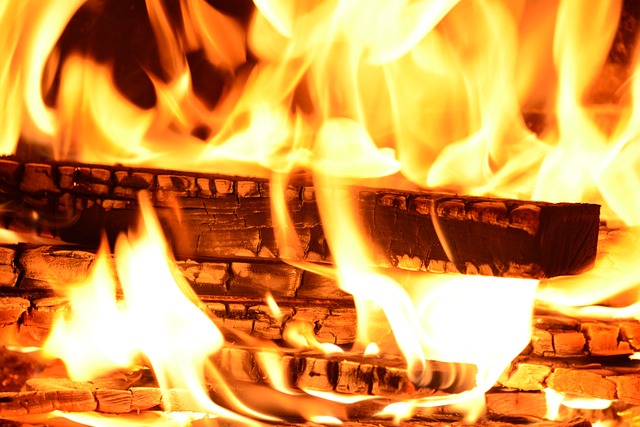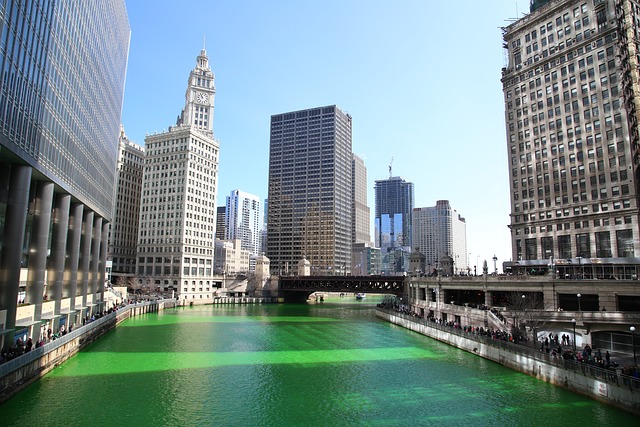Selling a home with fire damage in Chicago requires a strategic approach. Start by assessing damage through professional inspections, consulting real estate agents specializing in post-fire sales for market insights and strategies. Document fire damage thoroughly, understand insurance coverage limits, prioritize safety and structural integrity, and communicate openly about the property's history and improvements. Presenting the house "as-is" with transparent documentation attracts buyers and facilitates a successful sale despite the challenges of fire damage.
After a fire, determining property value in Chicago can be complex. This article guides you through the intricacies of post-fire property valuation, offering insights into assessing damage, understanding insurance roles, and effective strategies for selling a house with fire damage in Chicago. Learn what to look for during inspections, how insurance policies may affect sales, and top tips to navigate this challenging process successfully.
- Understanding Post-Fire Property Valuation in Chicago
- Assessing Fire Damage: What to Look For
- The Role of Insurance in Fire-Damaged Properties
- Strategies for Selling a House with Fire Damage in Chicago
Understanding Post-Fire Property Valuation in Chicago

After a fire, selling a home in Chicago can seem daunting, but understanding the post-fire property valuation process is key to navigating this challenging situation. The first step for homeowners is to assess the extent of the damage. This involves a thorough inspection by professionals who can document the affected areas and estimate the cost of repairs. In Chicago, where real estate is valuable, accurate appraisal is crucial for fair selling.
Next, homeowners should consult with experienced real estate agents familiar with post-fire sales in the city. These experts can provide insights into market trends, comparable sales of similarly damaged properties, and strategies to present the home attractively to potential buyers. The goal is to highlight the property’s potential while being transparent about the repairs needed, ensuring a successful sale despite the fire damage.
Assessing Fire Damage: What to Look For

When assessing fire damage in a property, Chicago-based real estate experts suggest taking a meticulous look at several key areas. Start by evaluating structural integrity; check for any signs of charring or collapse on walls, roofs, and floors. Assess the extent of water damage, as fires often lead to significant moisture intrusion. Inspect electrical and plumbing systems for potential hazards; damaged or exposed wiring can pose safety risks and impact resale value. Look for odours and signs of smoke damage, which could linger even after cleaning and may deter buyers.
Pay special attention to the kitchen and bathrooms—areas that are often at higher risk during fires. Check for damage to appliances, cabinets, and fixtures. If the fire was severe, consider the potential for hidden issues like warped floors or compromised insulation. Remember, how you present these findings can make a significant difference when trying to sell a house with fire damage in Chicago. Professional documentation and transparent communication are key to attracting interested buyers.
The Role of Insurance in Fire-Damaged Properties
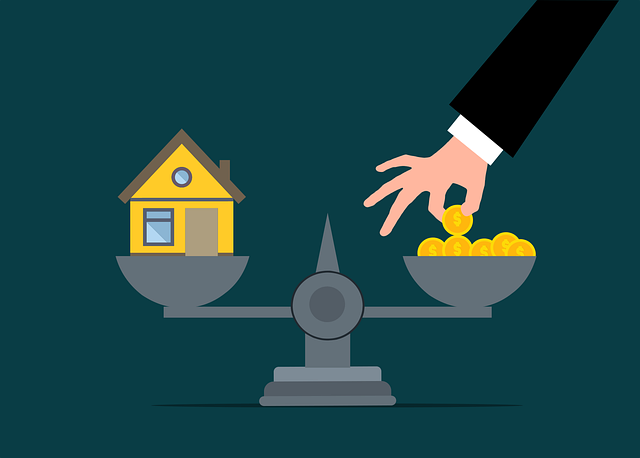
After a fire, homeowners in Chicago often find themselves navigating complex processes, especially when considering how to sell a house with fire damage. The first step is to document the extent of the damage and gather evidence for insurance claims. This includes hiring professionals to assess structural integrity and determine the cost of repairs. Once this is done, property owners should contact their insurance providers to file a claim.
Insurance plays a pivotal role in post-fire property valuation by covering repair or reconstruction costs. Policies differ, so understanding coverage limits and deductibles is crucial for homeowners. In Chicago, where real estate is diverse, insurers assess risks individually. This means that the process of claiming and repairing can vary based on factors like location, building age, and specific policy terms.
Strategies for Selling a House with Fire Damage in Chicago
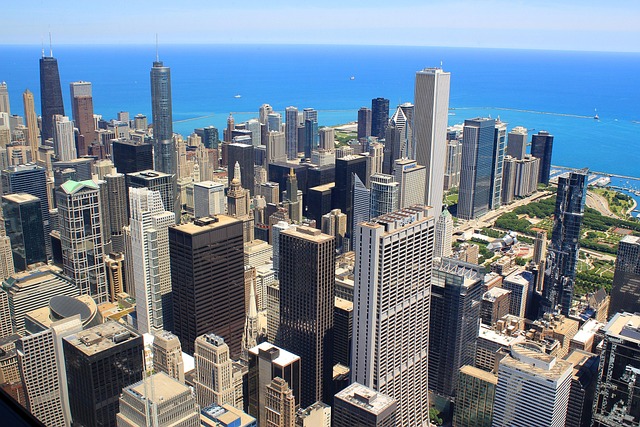
Selling a house with fire damage in Chicago can be challenging, but there are several strategies that homeowners can employ to navigate this process successfully. The first step is to assess the extent of the damage and determine if it’s viable to repair or if rebuilding is necessary. Engage professional estimators and restoration specialists who understand Chicago’s real estate market to get accurate assessments and realistic expectations.
Once you’ve determined the scope of repairs, prioritize safety by addressing structural integrity and any health hazards. Then, focus on effective communication with potential buyers. Disclose all relevant information about the incident and its aftermath honestly, providing transparent documentation to build trust. Highlight that your home is being sold “as-is” but emphasize any recent improvements or renovations made in the aftermath of the fire. This approach allows buyers to envision a fresh start while understanding the unique circumstances surrounding the property.
Post-fire property valuation in Chicago requires a nuanced approach. Understanding the process, from assessing fire damage to navigating insurance claims, is crucial for homeowners looking to sell. By employing effective strategies, such as detailed documentation of repairs and exploring market trends, you can successfully navigate the challenges of selling a house with fire damage in Chicago. Remember that, in this competitive market, presenting your home in its best light, both literally and figuratively, can make all the difference.


